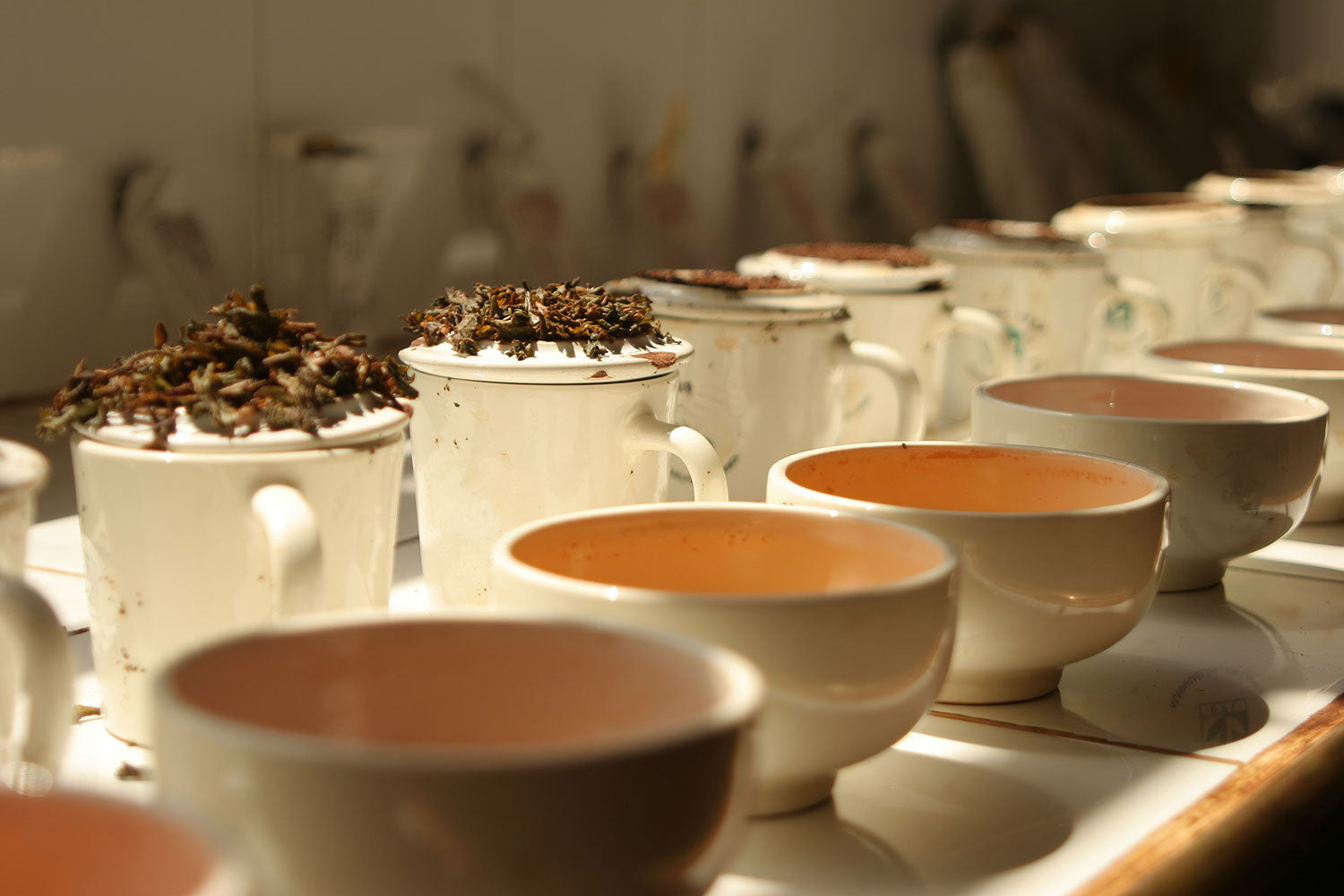Hey there tea enthusiasts!
Did you know that different teas offer varying levels of antioxidants and catechins? These compounds are known for their health benefits and can be found in different types of tea. Here's a quick breakdown:
| Tea Type | Antioxidant Level | Catechin Level | Caffeine Level |
|---|---|---|---|
| White Tea | High | High | Low |
| Green Tea | High | High | Low |
| Oolong Tea | Moderate | Moderate | Moderate |
| Black Tea | Low | Low | High |
| Herbal Tea | Low | Low | Caffeine-free |
-
Green tea: Made from unfermented leaves, green tea is high in antioxidants called catechins, particularly EGCG, which has been linked to numerous health benefits.
-
Black tea: Made from fully fermented leaves, black tea has lower levels of catechins than green tea but contains theaflavins and thearubigins, which are antioxidants formed during the fermentation process.
-
White tea: Made from young leaves and buds that are minimally processed, white tea is similar to green tea in terms of catechin content but may have even higher levels of thearubigins.
-
Oolong tea: Partially fermented leaves give oolong tea a unique taste and aroma. It has intermediate levels of both catechins and theaflavins.
-
Pu-erh tea: A fermented tea that undergoes a unique ageing process, resulting in a tea with a rich, earthy flavour and potentially high levels of antioxidants.
-
Herbal tea: Made from various herbs, spices, and fruits, herbal teas come in many flavours and do not contain caffeine. Some popular herbal teas include chamomile, peppermint, and ginger.
It's important to note that the antioxidant content of tea can vary depending on factors such as growing conditions, processing methods, and brewing techniques. Additionally, while antioxidants are important for overall health, they are not the only factor to consider when choosing a type of tea. Taste, aroma, and other health benefits such as caffeine content should also be taken into account.





Share:
Teapot for one or two?
White tea is like the superhero of tea